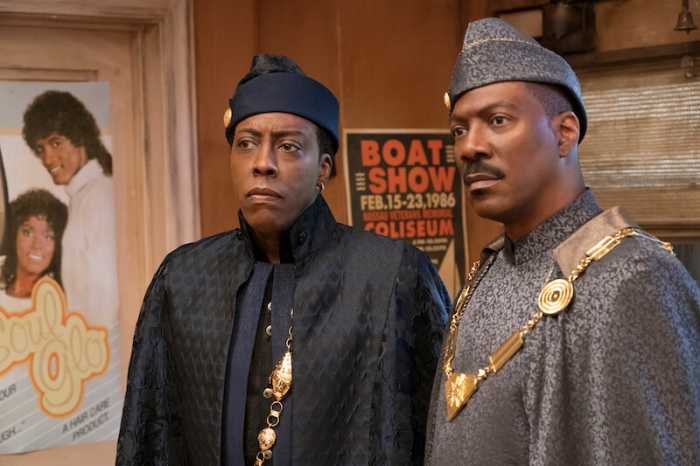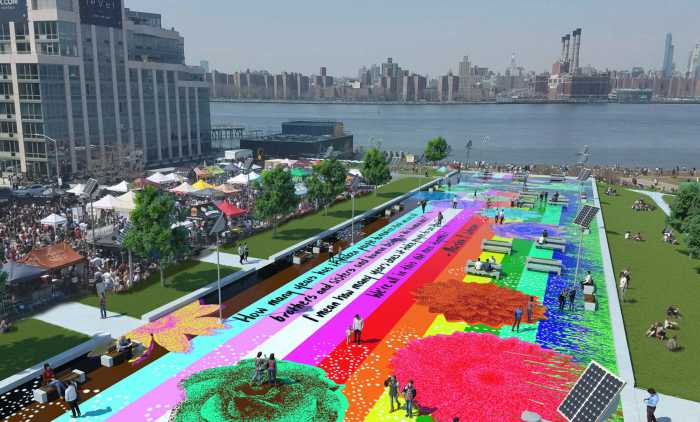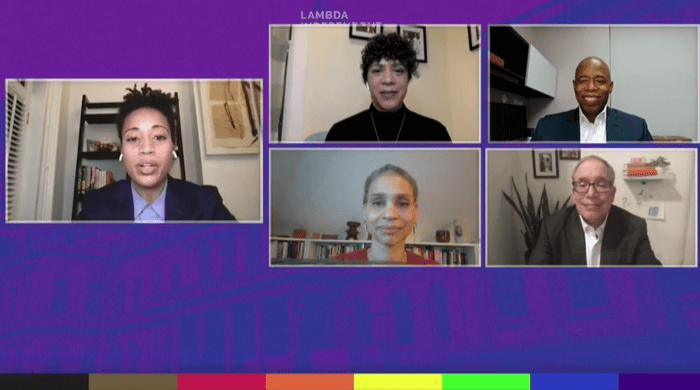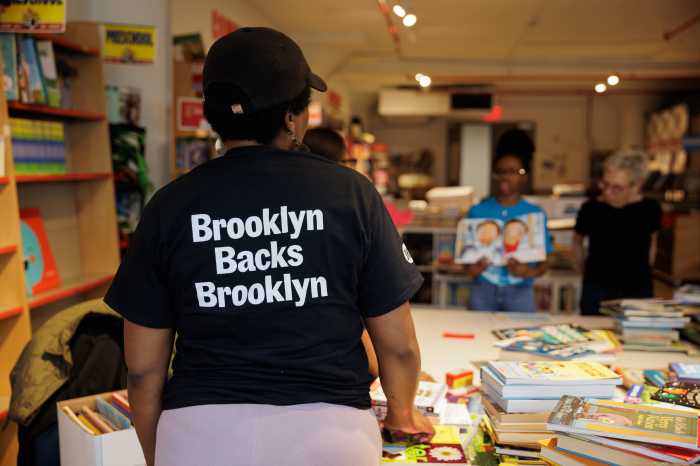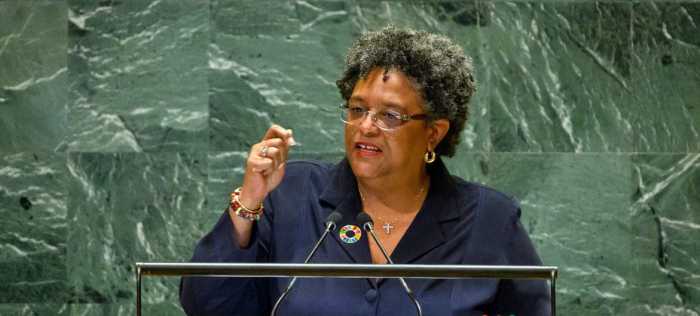Food insecurity among LGBTQ populations has been exacerbated during the pandemic, according to a new survey from the US Census Bureau.
The US Census Bureau’s Household Pulse Survey, which collected more than 64,000 responses between July 21 and August 2, unveiled that 13.1 percent of LGBTQ adults live in a home where there has been “sometimes not enough to eat” or “often not enough to eat” in the past seven days compared to 7.2 percent of cisgender and heterosexual individuals. According to researchers, LGBTQ folks are battling these woes alongside other financial stressors such as joblessness, income loss, and challenges with making on-time rental and housing payments.
Jay Brown, the senior vice president of programs, research, and training at the Human Rights Campaign (HRC), said the report affirms the harmful effects of the pandemic on the LGBTQ community.
“The Census Bureau’s new data only continues to highlight what we have long known — LGBTQ+ Americans disproportionately bear the brunt of economic hardships from food insecurity to unemployment,” Brown said in a written statement. “This disparity is further fueled by the COVID-19 pandemic, as the LGBTQ+ community is more likely to work in front-line service jobs, have their hours cut, and face housing and employment discrimination.”
In the report, 36.6 percent of LGBTQ adults said they have faced challenges paying for “usual household expenses” in the last week, which is approximately 10 percentage points higher than non-LGBTQ adults. The report also noted that 19.8 percent of LGBTQ adults live in a household with “lost employment income in the past four weeks” when compared to 16.8 percent of straight, cisgender adults.
Approximately eight percent of LGBTQ adults who rent or own with a mortgage or loan said “not at all confident that their household will be able to make their next housing payment on time,” which is slightly higher than the six percent of non-LGBTQ adults who reported the same thing.
This data coincides with previous PSB Insights and HRC reports detailing the pandemic’s effect on people of color, who are hardest hit by the pandemic. According to HRC and PSB Insights, Black individuals were more likely to have their work hours slashed or had to delay paying bills. Another recent data presented by the Center for American Progress outlined the unique stressors facing Latinx communities, who are already at an increased risk of economic distress due to higher poverty rates and discriminatory barriers to employment.
Local organizations have had to absorb the demand for food services in New York City and elsewhere. When the pandemic first hit the city, many service providers shut their doors but others, such as the non-profit New Alternatives for Homeless LGBT Youth, took on the extra workload of preparing more in-person services and continuing to distribute meals to those in need. Darrell Wimbush, who cooks food for New Alternatives, explained to Gay City News in March of last year that he went from working four days per week to working every day of the week due to the extra need for food. New Alternatives had to shift to offering to-go meals only.
Unlike prior US Census Bureau surveys of the same kind, respondents were asked about their gender identity and sexual orientation in the latest report. According to the data set, respondents had the option of identifying their gender as “transgender,” “cisgender female,” “cisgender male,” or “none of these.” Researchers did not explicitly include intersex folks under “sex assigned at birth.” Non-binary individuals were also not specified in the data despite growing legal recognition in the US.
To sign up for the Gay City News email newsletter, visit gaycitynews.com/newsletter.



